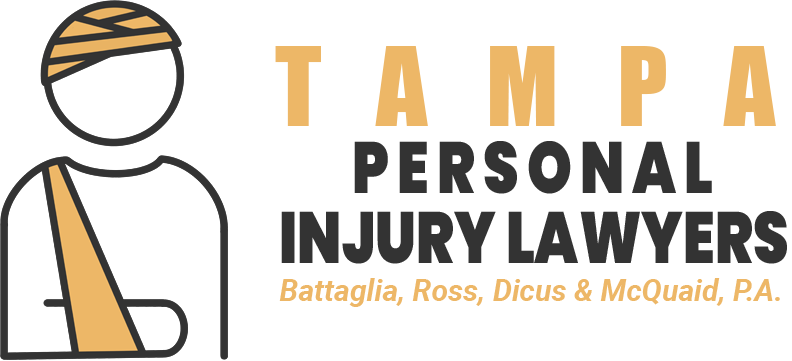If You have a personal injury claim, it’s especially important to be careful how you use social media to prevent issues with your claim. Everyone uses social media; we live in the digital age. We might share our family vacations, lifetime achievements, pictures of social events, and much more on these social media platforms. We all decide how much we want to share and that we want to display the best parts of ourselves.
But when you’re talking about a personal injury claim, using your phone for social media can have some undesirable outcomes. We use social media to share good events, but sometimes we even share the less pleasant events we encounter. For instance, if you are injured in an accident by someone else’s negligence, you might feel angry and frustrated. But rather than posting about it on Facebook, the best thing to do is simply stay off of social media for a while. While many people seek support and condolence through social media after unfortunate events, in a personal injury case, it’s best to stay quiet.
Table of Contents
ToggleDo Not Post About Your Accident on Social Media
One of the insidious facts about social media is that you never know who is looking at your stuff. After getting into an accident and walking away with injuries, you may feel compelled to post about it. You may even long for a reaction and support from your friends through social media. But this is a bad idea. Refrain from posting anything related to the accident.
If the defense sees you posted something about your injuries or the accident, they may try to use that against you. For example, imagine a car accident victim who posts the following:
“I just got hit by a crazy driver who ran a red light! I am in complete and utter shock but luckily. I’m ok. Unfortunately I can’t say the same for my car. Can this tow truck just get here already so I can go home and relax with a glass of wine after this nightmare!”
This feels like a harmless pose that might get a lot of likes or comments from friends showing empathy and support. However, if the insurance company or defense counsel sees this post, they now have several things they can use against you.
First, the statement could be twisted to make it sound like the person is not injured since they said “but luckily, I’m ok”. That can easily be interpreted to make it sound like the person was in perfect physical condition and was able to go home rather than to the hospital after the accident. They might also assert that the person was more concerned about getting home to drink wine then they were about getting medical care. That could drastically affect the claim’s pain and suffering value. Or perhaps they might say an injured person wouldn’t care so much about their car but rather in getting medical care.
People simply just don’t realize how much seemingly simple social media posts can be detrimental to their injury claim. Depending on what platform you’re using and your privacy setting, anyone can look at your profile. Unless you keep your settings very private for only friends to be able to see your page, almost anyone can see it. That means insurance adjusters and the defense counsel can review your information and activity.
They can also see your comments and reactions to any other posts on facebook. The same goes for Instagram, Tiktok, and Twitter. Unless you’ve specifically changed your privacy setting to limit accessibility to your page, it’s likely that anyone can see what you’re posting. If an insurance adjuster finds something that could harm your case, they will use it.
Sometimes insurance companies even go as far as to use tactics to gain access to your social media pages. They might pose as someone else and “friend” or “follow” you. Then they will find info on your pages to cast doubt on the allegations of your lawsuit.
Example: Jocelyn Posts a Picture and Responds to a Friend
Jocelyn was in a car accident a week ago. She recently posed a picture of her holding her grandson at a family gathering. In addition, another friend of Jocelyn posts on her timeline asking how she’s doing, to which she replies “I’m doing well and feeling much better!”
While there’s nothing explicitly saying that Jocelyn is not injured, or that she lied about the extent of her injuries. Maybe she was only at the family gathering for 20 minutes, picked up her grandchild for the picture, and then went home to rest in bed for the remainder of the day. But the post is up and will be open to interpretation – she can simply “explain herself” to the insurance adjusters who see her out and about a week after the accident.
And her friend who asked how she’s doing may or may not have known about the accident and Jocelyn’s injuries. People casually ask everyday “how are you doing?” to which most of us respond with a cort answer. The best thing to do to avoid making any mistakes is not use social media at all. You never know how a statement or pictures can be used against you and it’s not worth risking a chance that you sabotage your own claim.
Ask Your Friends and Family Not to Post on Social Media About Your Case
If your friends and family use social media platforms like Twitter, Facebook, or Instagram, ask them not to post anything about you for a while. They should also refrain from posting about you and your accident. If your friend tweets that you “hired a good lawyer to go after the jerk who crashed into you”, that will reflect poorly on you. Simply ask your friends and family not to post pictures or any information about you or your case until it’s resolved. Use your good judgment and remember this is only temporary.
Be Careful What You Share on a Social Media Messenger Platform
While messenger chats in Facebook or Instagram are private, the defense can still demand them during the discovery process. That means they can look through all of your personal chat history and see anything you;ve shared in confidence. Courts have always been hesitant to restrict access to social media, ruling that there is no inherent expectation of privacy when you use social media and that it’s considered a public activity.
Review and Adjust Your Privacy Settings So You Can Regulate Who Sees Your Page
Even if you set strict privacy settings on your social media platforms, anything that gets posted online has the possibility to get retrieved. Anything information that gets posted or exchanged online can potentially become public information later.
To minimize the risk of information getting obtained and used against you, take certain measures to adjust your privacy settings. For instance, on Facebook, you can go to your “Settings” to control privacy settings. Can decide who gets to see your posts, photos, and other personal information. You can also limit who sees your friends list, who can look up your email address, telephone number, if you want your profile showing up in search engines.
Try to Stay Off of Social Media or Limit Use Until Your Case Is Resolved
Social media has become such an integral part of our lives. We understand that it’s difficult to refrain from using social media for a while, but to give yourself the best chance of getting the compensation you deserve, it’s best to stay off of social media.
Do Not Post Anything That Indicates Your Physical Condition
One of the most essential parts of your lawsuit is proving your damages. In addition to questioning your credibility, insurance companies want to protect their profits. That means the will do whatever they can’t minimize your payout. That might include taking a picture from social media that you posted and which implied that you are in better physical condition than you claim. If you post a picture of yourself out at a party or a social gathering while you’re injured, they might question whether you’re really injured as badly as you say.
They will do everything in their power to strengthen their case and weaken yours, even if that means using your own social media against you.
Contact a Tampa Personal Injury Lawyer Today
Losing your personal injury claim due to a social media post would be a tragic mishap. But luckily you can prevent that by stopping the use of social media, momentarily while your case is ongoing. Work closely with your Tampa personal injury lawyer to ensure you haven’t made any mistakes or posted anything that could be used against you.
If you were injured in an accident caused by someone else’s negligence, call our Tampa personal injury lawyers today. We want to find out how we can help and will fight to protect your rights. Most importantly, we’ll help you recover the maximum financial reimbursement you’re entitled to.
Call us today or contact us online to book your free initial consultation.






























